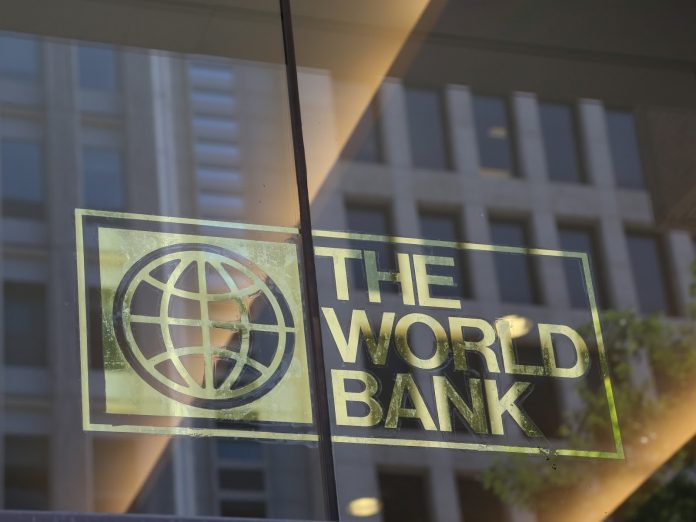WASHINGTON: World Bank on Friday gave approval for $300 million funding for modernizing agriculture in Punjab.
Under the Strengthening Markets for Agriculture and Rural Transformation (SMART) project of WB, Punjab will be provided $300 million funds to raise incomes of farmers, provide consumers superior quality and safer food at lower prices, create jobs on farms and agribusinesses, and improve the use of irrigation water.
WB’s SMART project provides reforms for agriculture and livestock productivity, and improve its resilience to climate change and grow agribusiness in Punjab over the next five years. Not only will this reduce inequality but also increase opportunities for women and youth, WB press release read.
Illango Patchamuthu, World Bank Country Director for Pakistan said “Agriculture in Punjab has great potential but requires a paradigm shift to unlock growth opportunities. The Government of Punjab is determined to help farmers grow high-value crops and significantly increase their incomes. The program is estimated to create 350,000 jobs and lift 1.7 million people from poverty. The Bank stands ready to support the Government of Punjab in this exciting endeavor.”
The project will shift PKR 55 billion (about $520 million) a year that is currently spent on inefficient and ineffective subsidies towards ‘SMART’ input subsidies for small farmers, agricultural research and farmers’ training, and support for high-value and climate-smart agriculture. Additionally, SMART will help improve the sustainability of agricultural production by strengthening the management of irrigation water, and help tackle ground water depletion.




